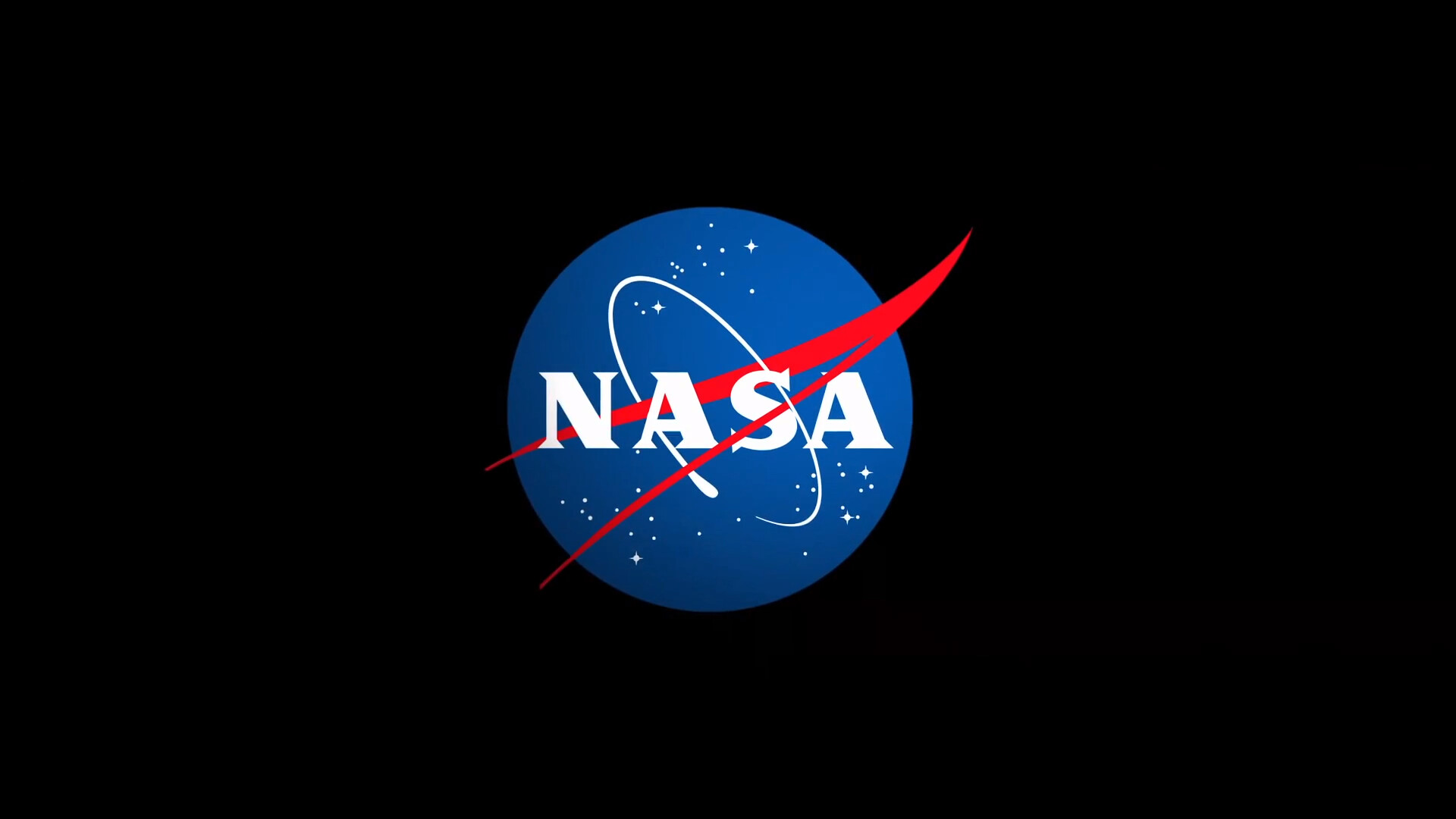
Donald Trump’s recent change of heart regarding the Ukraine war has drawn global attention, coinciding with a provocative threat from a close ally of Vladimir Putin to deploy nuclear bombs on a European nation. The former U.S. president’s unexpected endorsement of Ukraine’s territorial ambitions marks a significant shift in his stance on the ongoing conflict.
In a surprising post on his social media platform, Truth Social, Trump stated that Kyiv could reclaim “all of Ukraine back in its original form” with the support of Europe and NATO. This declaration followed a meeting with Ukrainian President Volodymyr Zelenskyy after the United Nations General Assembly in New York on September 23.
Trump explained his revised perspective, citing a deeper understanding of the “Ukraine/Russia military and economic situation” as the catalyst for his change. He noted, “Putin and Russia are in BIG Economic trouble, and this is the time for Ukraine to act.”
Background and Influences on Trump’s Decision
The shift in Trump’s viewpoint comes after consultations with U.S. officials who encouraged a firmer stance against Putin’s aggression. Notably, Ukraine envoy Keith Kellogg and new UN ambassador Mike Waltz were reportedly present during these discussions. Intelligence briefings highlighted Russia’s limited progress in the conflict, further influencing Trump’s outlook.
Vice President JD Vance, speaking in North Carolina on September 24, emphasized Trump’s dissatisfaction with Russia’s efforts to resolve the war, stating that Russia “doesn’t feel like [they] are putting enough on the table to end the war.”
Despite Trump’s newfound alignment with Zelenskyy, he maintains restrictions on U.S. weaponry targeting deep inside Russian territory, as reported by the Independent. This cautious approach contrasts sharply with his earlier skepticism in February, when he doubted Ukraine’s chances of victory against Russia.
Escalating Tensions: Nuclear Threats from Russia
Trump’s shift in stance was soon overshadowed by alarming reports from Russia. Vladimir Solovyov, a prominent Russian propagandist, suggested on state-run television that the Kremlin should consider deploying nuclear bombs on the UK, specifically targeting Oxford and Cambridge, to deter potential conflict with the U.S.
Solovyov’s remarks, made during a conversation with Sergei Karaganov, highlighted the strategic use of tactical atomic weapons. Karaganov has previously advocated for the UK to be “nuked off the map,” intensifying the rhetoric surrounding nuclear warfare.
The Kremlin’s response to Trump’s comments was swift. A spokesperson for Vladimir Putin, Dmitry Peskov, countered Trump’s “paper tiger” remark by asserting, “[Russia] is not a tiger but a bear. Russia is associated with a bear; there are no paper bears.“
Implications and Forward-Looking Analysis
Trump’s endorsement of Ukraine’s territorial integrity could have far-reaching implications for U.S.-Russia relations and the broader geopolitical landscape. By aligning more closely with European allies, Trump may be signaling a shift towards a more unified Western response to Russian aggression.
However, the nuclear threats emanating from Russia underscore the volatility of the situation. As tensions escalate, the international community faces the daunting challenge of navigating a path to de-escalation while supporting Ukraine’s sovereignty.
The unfolding developments raise critical questions about the future of the Russia-Ukraine conflict and the potential for diplomatic resolutions. As the world watches closely, the stakes remain high, with the potential for significant geopolitical realignments on the horizon.
In the wake of these events, Downing Street has yet to publicly respond to the UK bomb threat, leaving many to speculate on the potential ramifications for European security and international diplomacy.






